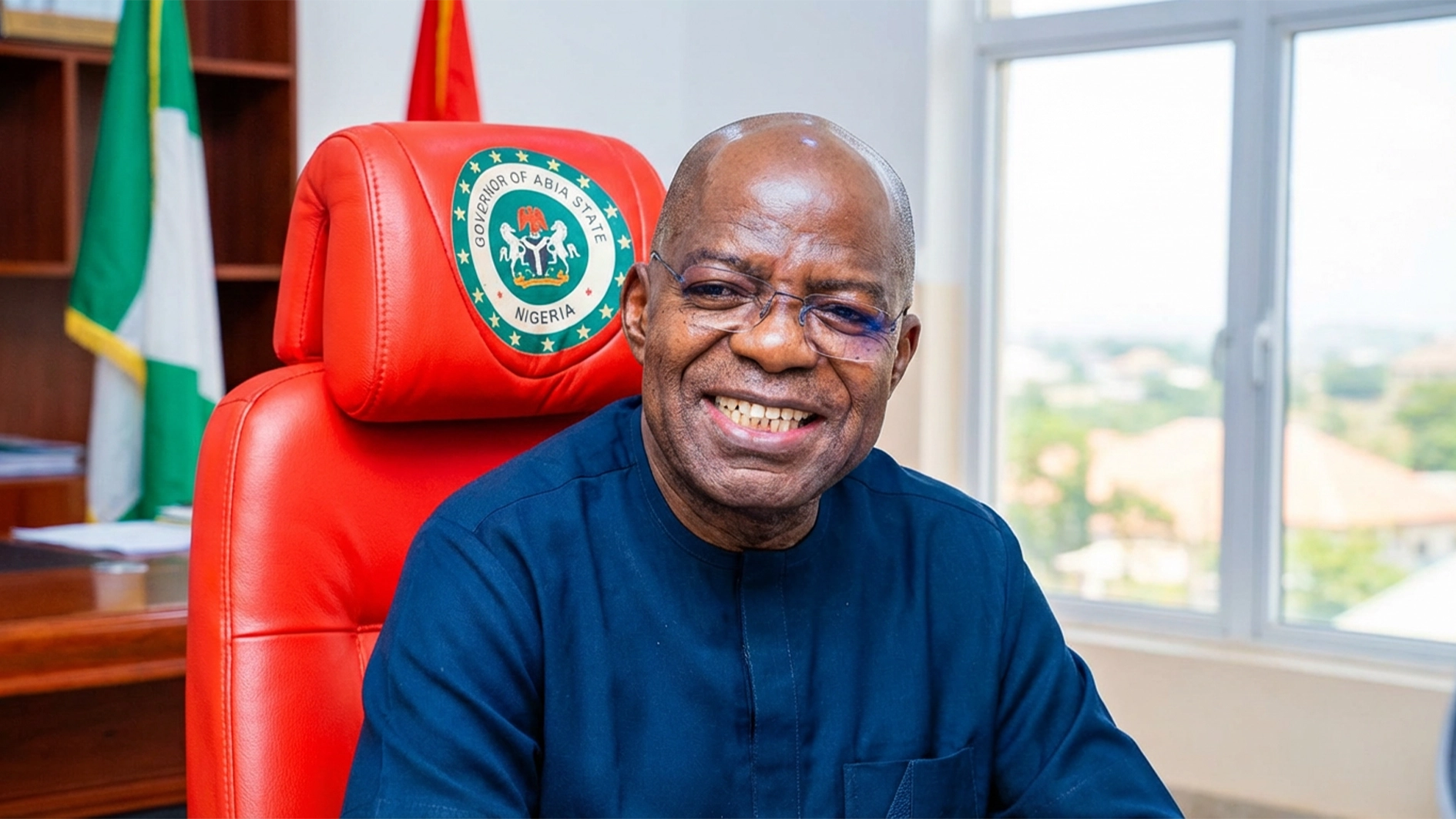Chief Justice of Nigeria (CJN), Justice Kudirat Kekere-Ekun, on Monday announced that the Supreme Court delivered 369 judgments in the 2024/2025 Legal Year, a 49 per cent increase compared to the 247 judgments delivered in the previous year.
She made this known in Abuja during a special court session marking the commencement of the 2025/2026 Legal Year, describing the feat as a reflection of deliberate reforms, innovative case management, and the commitment of Justices and court staff.
According to the CJN, the apex court considered 2,280 matters between September 2024 and July 2025, comprising 1,720 motions and 560 appeals. The motions were broken down into 1,025 civil, 488 criminal, and 27 Sharia-related matters, while the appeals included 352 civil, 180 criminal, six political, 15 Sharia, and seven originating summons.
She explained that the number of appeals disposed of reflects significant progress compared with the 2023/2024 Legal Year, during which the court handled 1,124 cases and delivered 247 judgments. Justice Kekere-Ekun said this improvement is the result of deliberate measures.
The CJN detailed reforms aimed at modernising the judiciary, including the computerisation of court processes, the creation of a centralized digital court records unit, the establishment of a Central Information Unit for real-time case updates, and the digitisation of exhibits and judgments.
She added that the judiciary has introduced an online platform for Notary Public applications, an electronic Notary Register, and a transition to comprehensive e-filing integrated with the Nigerian Case Management System (NCMS).
These initiatives, she said, have significantly reduced case delays, file losses, and administrative bottlenecks.
Justice Kekere-Ekun disclosed that the National Judicial Council (NJC) reviewed all pending petitions during the year, imposing sanctions where necessary, exonerating others, and barring a “notorious serial petitioner” from filing frivolous petitions. Erring lawyers, she added, have been referred to the Legal Practitioners’ Disciplinary Committee.
On staff welfare, the CJN cited prompt salary payments, improved allowances, and productive engagement with the Judiciary Staff Union of Nigeria (JUSUN) to prevent strikes, noting that “the morale, competence, and wellbeing of our staff directly impact the quality of justice delivery.”
She also paid tribute to four deceased retired Justices, including former CJN Muhammadu Lawal Uwais, and commended Mr. Lawal Hudu Garba, a physically challenged lawyer, for his perseverance and professionalism.
Providing updates on the Corruption and Financial Crime Cases Trial Monitoring Committee (COTRIMCO), she said the Economic and Financial Crimes Commission (EFCC) secured 1,417 convictions in the first two quarters of 2025, while the ICPC initiated 43 new cases, secured nine convictions, and reported a decline in corruption case volumes due to its preventive focus.
Justice Kekere-Ekun urged the executive and legislature to strengthen judicial funding, infrastructure, and technology adoption, stressing that the judiciary’s challenges require collaboration across all arms of government and citizen participation.
The CJN also conferred the rank of Senior Advocate of Nigeria (SAN) on 57 newly appointed lawyers, reminding them that the honour is a privilege that can be withdrawn if abused.






